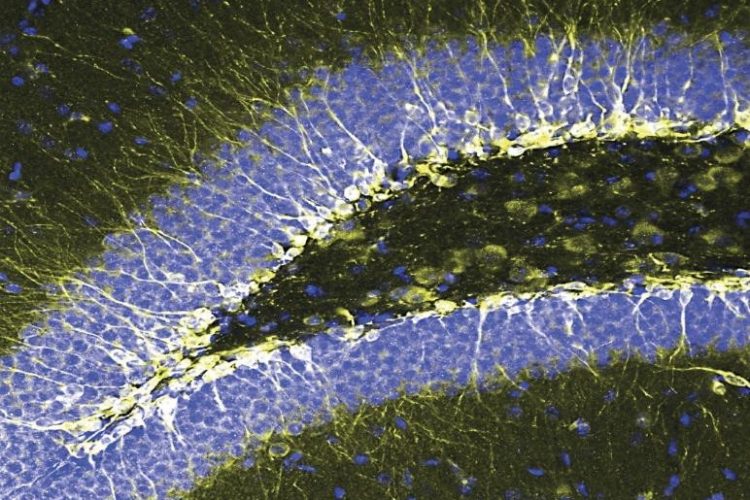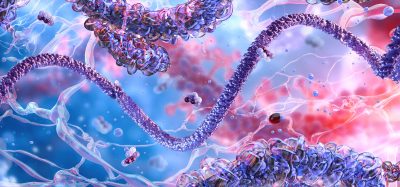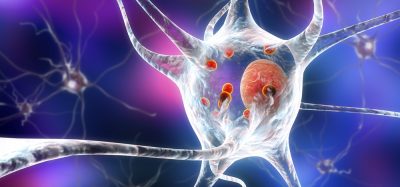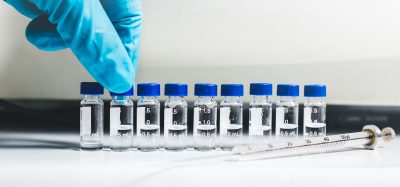New avenue for anti-depressant therapy discovered
Posted: 20 January 2017 | Niamh Marriott (Drug Target Review) | No comments yet
Researchers have made a ground-breaking discovery revealing new molecular information on how the brain regulates depression and anxiety.


The image, taken at the Cell Imaging Core, shows these new born cells in the hippocampus, the region of the brain that controls emotions.
In so doing, they identified a new molecule that alleviates anxiety and depressive behaviour in rodents. The research, led by Eleanor Coffey, Research Director at Åbo Akademi University in Finland is a collaborative effort between scientists in Finland and the US.
JNK protein
The researchers found that a protein, called JNK, when active, represses the generation of new neurons in the hippocampus, a part of the brain that controls emotions and learning. By inhibiting JNK solely in newly generated nerve cells in the hippocampus, the researchers were able to alleviate anxiety and depressive behaviour in mice.
This previously unknown mechanism brings fresh insight on how the brain works to regulate mood and indicates that inhibitors of JNK, such as the one used here, can provide a new avenue for anti-depressant and anxiolytic drug development.
Depression and anxiety are highly prevalent disorders and represent one of the largest causes of disability worldwide.
These results are important as many patients do not respond to current treatments and it has long been recognised that new mechanistic understanding of these disorders would be necessary to in order to identify drugs for treatment resistant depression.
The research was funded by the EU-funded Marie Curie Initial Training Network r’BIRTH, by the Academy of Finland, Turku Network in Molecular Biosciences and the National Institute on Aging (US).
Related topics
Protein, Proteomics
Related conditions
Anxiety, Depression
Related organisations
Åbo Akademi University, Academy of Finland, Marie Curie Initial Training Network r’BIRTH, National Institute on Aging, Turku Network in Molecular Biosciences
Related people
Eleanor Coffey








